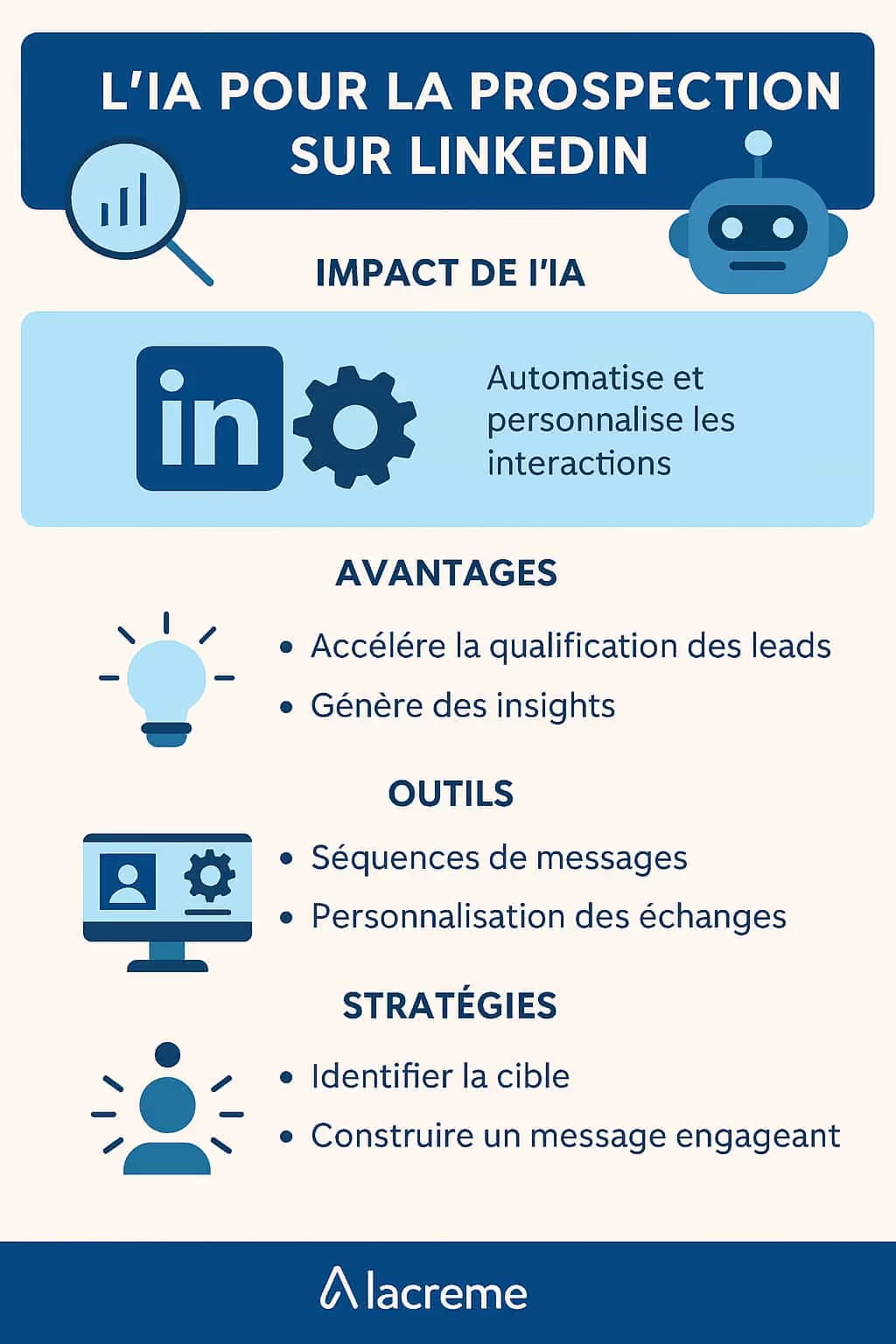Definition and Principles of Artificial Intelligence in Law
What is Legal Artificial Intelligence?
THEartificial intelligence (AI) in law refers to the use of algorithmic systems capable of executing tasks based on the processing of massive data, themachine learning and the understanding of natural language. These systems are designed to simulate the processes of legal reasoning, decision support, and automation of repetitive legal tasks. This specialized form of AI facilitates the analysis of legal documents, the forecasting of possible judicial outcomes and optimizes the management processes of law firms.
Technological Evolution and Regulation of AI
The advent of AI in the legal field raises increased regulatory questions. On the one hand, technologies are evolving at a pace that defies existing legislative frameworks, creating a need for AI-specific legislation. On the other hand, there is reflection on how AI can be used to strengthen law enforcement and access to justice, while ensuring fundamental rights such as protection of personal data and non-discrimination.
Benefits of Artificial Intelligence for Lawyers
Improving Efficiency and Accuracy in Case Processing
AI offers solicitors the possibility of processing a considerable volume of judicial data in an efficient manner. AI-based tools can analyze documents in seconds, a task that could take hours or days if done manually. AI is also valuable for identifying trends and patterns in case law, which contributes to better preparation of cases and defense strategies.
Potential of Predictive Intelligence in Justice
Predictive intelligence uses algorithms to estimate the potential outcomes of disputes based on previous court decisions. This ability to predict the likelihood that a judgment will be rendered one way or another is a valuable tool for lawyers when advising clients and shaping their legal arguments. This paves the way for better resource allocation and informed decision making.
Practical applications of AI in legal services
Automation Tools and Virtual Assistants
THEautomation thanks to AI is manifested in law firms through intelligent document management systems, virtual assistants capable of answering common questions, or even automated customer relationship management platforms. These tools save legal professionals valuable time by taking on administrative tasks and allowing them to focus on their high added value activities.
Artificial Intelligence and Big Data: Towards Better Business Analysis
The coupling of AI with the Big Data gives lawyers access to profound and complex analyses that were previously inconceivable. The analysis of large quantities of case law, legislation and doctrine data not only allows a better understanding of legal issues but also the identification of new perspectives for legal advice and defense.
Roles and Skills of Lawyers in the Age of AI
How does AI complement the work of lawyers?
Contrary to the popular belief that AI could replace lawyers, it is now accepted that it is a complementary tool that enriches the practice of law. AI can take care of analytical and predictive aspects, while lawyers focus on the human and strategic aspects of their profession, exploiting their judgment and expertise to guide legal advice and decisions.
Training Lawyers in Emerging Technologies
With the integration of AI in the legal sector, it is essential for lawyers and legal professionals to become familiar with these new technologies. La training Continue lawyers on the functioning, benefits, and limitations of AI, as well as expertise in cybersecurity and the protection of privacy are becoming fundamental aspects of their professionalization.
Ethical Issues and Legal Challenges of AI in the Legal Sector
Data Protection and Privacy: The Implications of AI
AI processes massive volumes of data, including sensitive data. It is therefore crucial to ensure that its use in the legal sector respects data protection and privacy regulations such as the GDPR in Europe. This raises the need for transparent and accountable AI systems to maintain trust in legal departments.
Ethical Principles to Integrate into the Use of AI
AI technology must be guided by ethical principles that ensure fairness, transparency, and non-discrimination. This involves designing algorithms that are unbiased, ensuring their auditability and ensuring a human understanding of the decisions made by AI. The ethical issue is also becoming a challenge for lawyers who must ensure the adequacy between AI tools and the ethical requirements of their profession.
The integration of AI into legal services represents a revolution for both legal practitioners and justice users. It promises efficiency gains and better access to justice, while posing challenges in terms of training, ethics and regulations. The advancement of technologies and their judicious applications by lawyers will undoubtedly contribute to shaping a legal future where artificial intelligence will be an essential component of legal practice.






